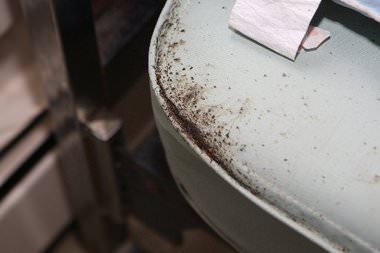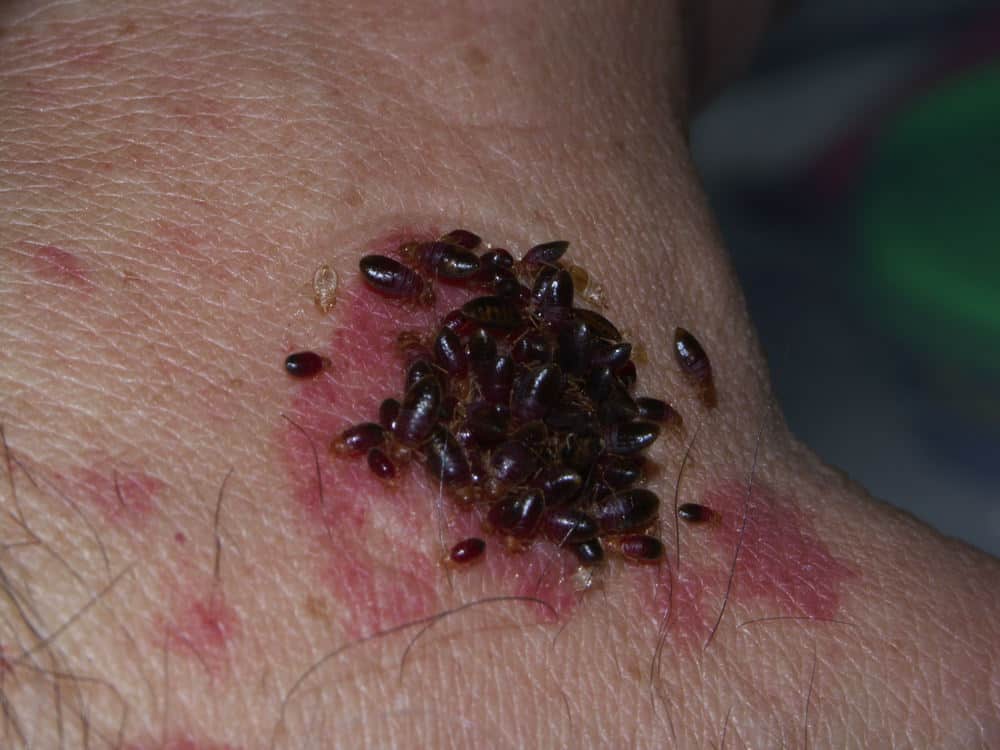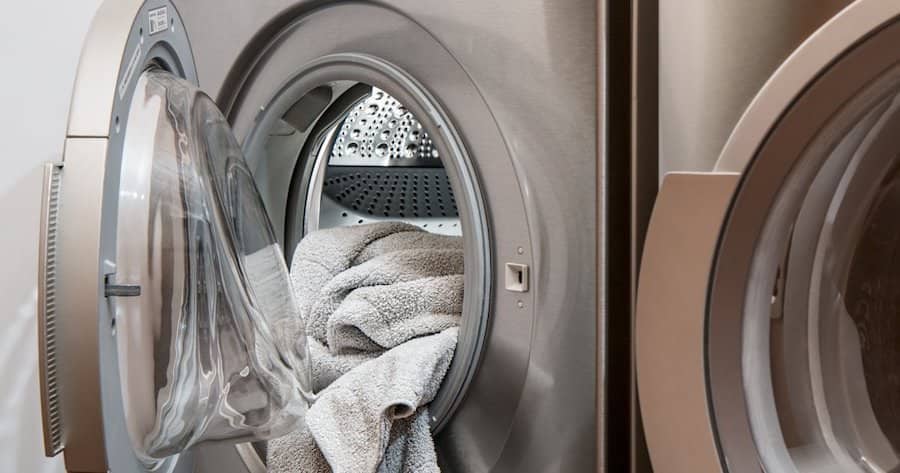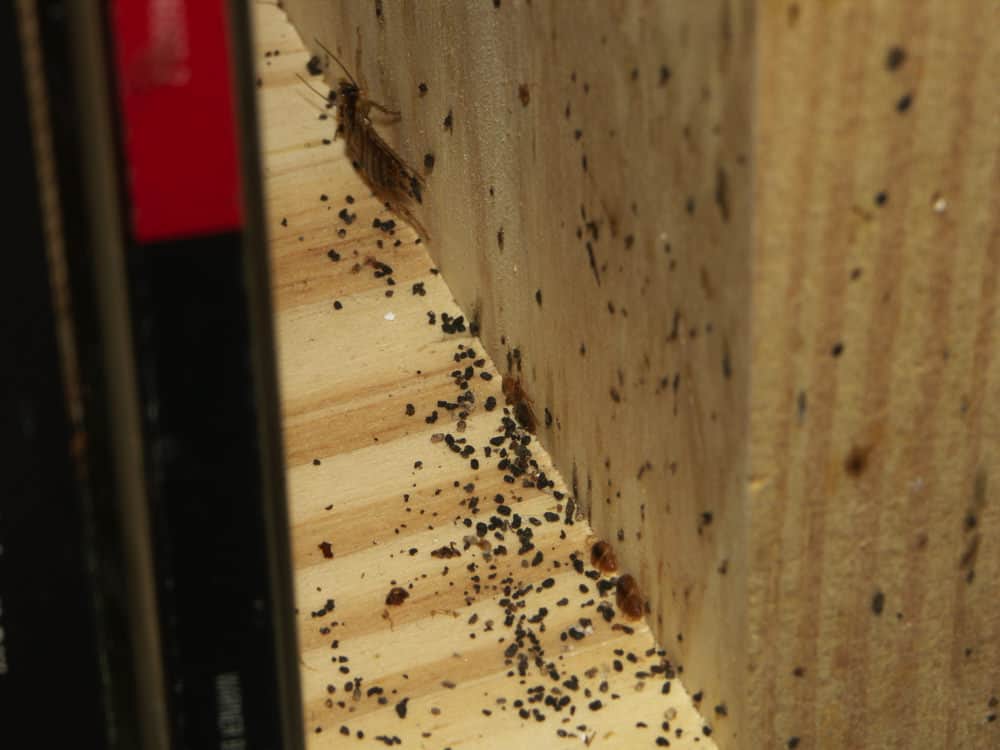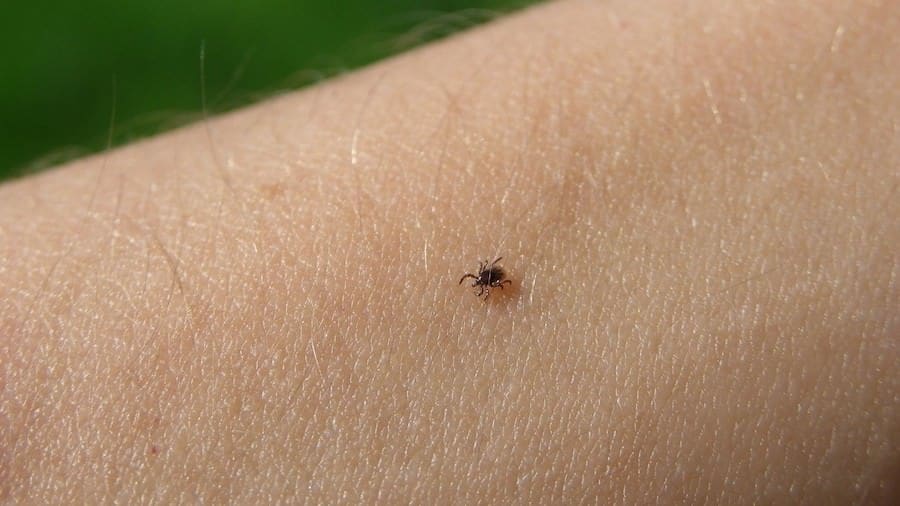How Long Does It Take For Bed Bugs To Die?
After discovering bed bugs in your house, it is important to take immediate action. Once you have taken the time to treat these pests, the wait begins. You may be wondering how quickly the problem will be over once you have tried to kill them.
The answer is, unfortunately, not very straightforward. The length of time it takes for bed bugs to die depends on a few different factors. The type of treatment you have used, as well as the size of the infestation, will impact the time it takes to successfully rid your home of these pests.
Heat
If a room is heated to a temperature of at least 118 degrees Fahrenheit, bed bugs and their eggs will die within 90 minutes. For a quicker death, a temperature of 122 degrees Fahrenheit will kill bed bugs and their eggs instantly.
Bug Sprays
Using a bug spray or alcohol to treat bed bugs can be effective if applied properly. As bed bugs can hide away in unseen cracks and crevices, it is often difficult to reach all of them. Make sure you take your time to spray generously and efficiently for the best results.
One of the best bed bug sprays that I’ve yet to personally use is the completely natural Bed Bug Patrol Bed Bug Killer. Not only does it have a 100% kill rate against live bed bugs in controlled tests, but it’s also child and pet friendly. This product can be used against both light and heavy infestations, and most importantly, it’s laboratory tested and completely chemical-free.
Once sprayed, bed bugs should die almost immediately. However, the case is not the same with bed bug eggs. They can survive, dormant, for around 20 days. Because of this, it is a good idea to repeat the treatment several times. This is the best option to ensure that you haven’t missed any bugs, and catch those that have recently hatched.
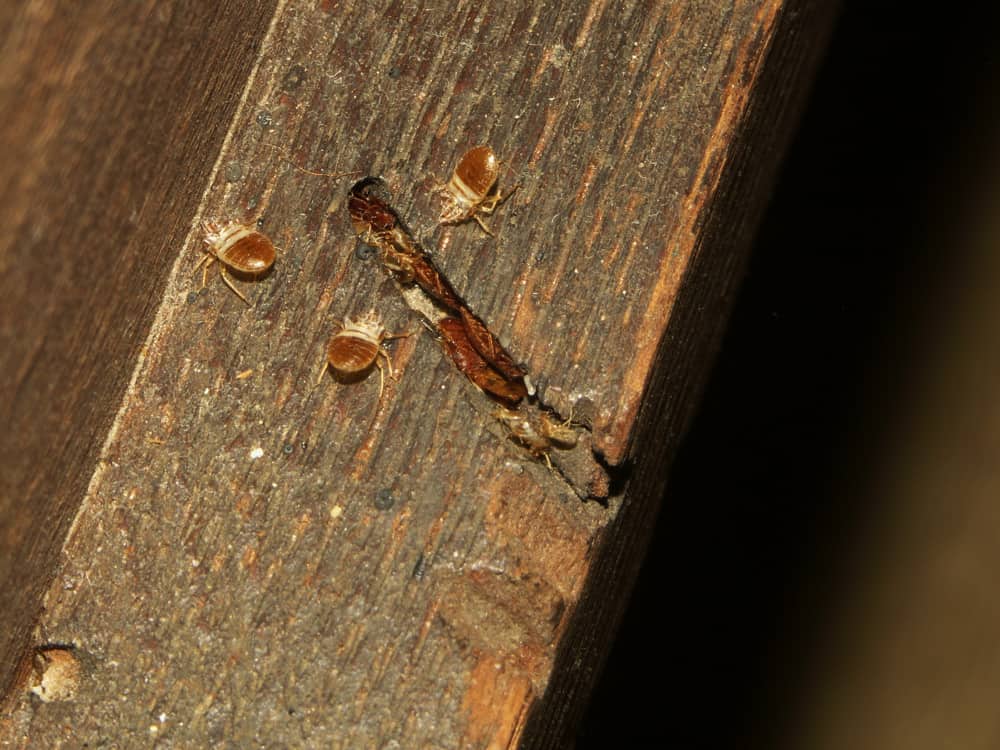
Pesticidal sprays will be more effective than alcohol-based sprays. Some chemical sprays may require a few days to settle before you can enter the area again. Your pest control company will provide you with adequate information needed regarding post-treatment procedures.
Diatomaceous Earth
Diatomaceous earth is a white powder that looks very similar to salt. This substance works to kill bed bugs by dehydrating them. When it comes to how quickly this substance works, you may be disappointed. It can take a day or two to kill a bug after contact. Note how this substance needs to make direct contact in order to kill. Unlike bug sprays, diatomaceous earth also kills the eggs of the bed bugs if it comes into contact with them.
When looking for Diatomaceous Earth to use, don’t worry about buying anything too special or expensive, as most forms are more or less similar to each other. However, choosing a food-grade DE is probably your best choice as it can be less hazardous than other forms. A bag like this DiatomaceousEarth Food Grade 10lb should work absolutely fine.
It can be difficult to apply the powder efficiently. Especially considering that bed bugs live and thrive in small, enclosed places. It is unlikely that you will be able to depend on this substance to deal with an entire bed bug infestation.
Food grade diatomaceous earth is relatively safe to use and if it is ingested there are very few side effects. Again, repeating the treatment regularly is necessary for it to be effective.
Freezing Temperatures
Freezing these pests to death is another viable way of killing them. While bed bugs will not survive the cold, freezing them takes time. In order to successfully get rid of bed bugs using cold temperatures, it requires approximately 80 hours at 3 degrees Fahrenheit.
This time and temperature guarantee the death of bed bugs in all stages of life, from eggs to adults. If these bugs are not frozen for long enough, they may be able to withstand the conditions and survive.
This method may not be the best option unless you have a big enough freezer. Bed bugs tend to inhabit large items of furniture, like a mattress or a sofa. However, if you have bed bugs in some of your smaller possessions, a freezer will work well.
Items should be sealed in a plastic bag to prevent bed bugs from escaping. A plastic bag will also help to protect the item from moisture damage. Once the infested item has been exposed to the freezing temperatures for the right length of time, the bugs will die.
Hot Water
Bed bugs have the ability to survive in water as long as it is not too hot. As bed bugs are so small, they can float on the surface with ease. When floating, a bed bug can survive for a few days without dying.
However, heavier bugs that have just fed, for example, may not be able to float. Once submerged in the water, they will die within 24 hours. The most effective way to kill bed bugs using water is to turn up the heat.
Using a washing machine on the hottest setting should kill bed bugs effectively. Therefore any infested bed sheets, towels or clothing can be treated in the washing machine. The water needs to reach at least 120 degrees Fahrenheit. Bed bugs in all stages of life will not be able to survive temperatures this high, especially during the length of a wash cycle.

